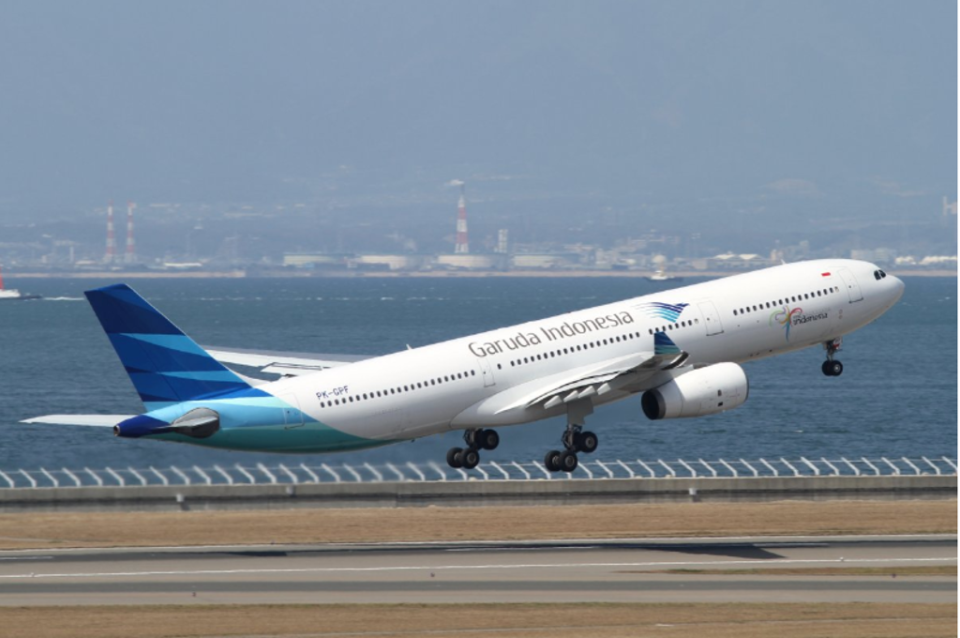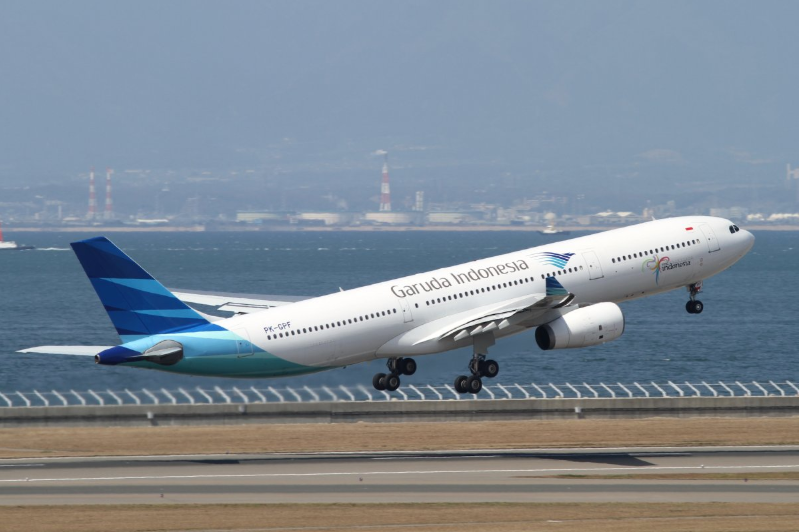Airline urges passengers not to take pictures on flights

Airline Garuda Indonesia is urging passengers not to take any pictures or videos onboard its flights.
The Indonesian national carrier circulated an internal memo banning the practice on 14 July, writing: “It is not permissible to document activities on the plane, either in the form of photos or videos, by the cabin crew or passengers.”
The letter was shared online and quickly went viral, according to Indonesian news site Kumparan.
However, the edict has since been softened, with a revised internal letter issued on 16 July stating that, rather than being “prohibited” from taking pictures onboard the aircraft, travellers are now being “urged” not to do so.
The original notice reportedly said that passengers could be “sanctioned” by the airline for breaking the rules; it is unclear whether this is still the case.
Delivering ballot boxes to Indonesia's hard to reach places










The amended statement was signed by operational director of Garuda Indonesia, Captain Bambang Adisurya Angkasa, who said that the measures were part of the airline’s commitment to protecting the privacy of all passengers and crew.
“This appeal is based on reports, suggestions and input from passengers who feel uncomfortable and disturbed by shooting and documentation activities without prior permission from the concerned person,” said Angkasa, according to CNBC Indonesia.
He added that passengers would still be able to take snaps for personal use, such as selfies, as long as they were not disturbing the comfort of other travellers.
In March 2019, Garuda Indonesia asked to cancel a multi-billion dollar order for dozens of Boeing 737 Max 8 jets following two deadly crashes involving the model.
The airline said customers had “lost trust” in the planes following the Lion Air and Ethiopian Airlines disasters, which together killed 346 people.
The carrier wrote to Boeing asking to scrap an order for the remaining 49 of 50 aircraft it agreed to buy for $4.9bn (£3.7bn) in 2014.




